Health experts have warned that the suspension of tax on Sugar-Sweetened Beverages (SSBs) by the Nigerian government will affect the campaigns on reducing the cases of non-communicable diseases such as diabetes, and cancer among others, that consumption of such products can lead to.
Prime Business Africa reports that the Minister of Finance and Coordinating Minister of the Economy, Mr Wale Edun, made this known when the National Action on Sugar Reduction (NASR), a coalition of non-governmental organisations, visited him in Abuja.
Join our WhatsApp ChannelEdun said the suspension of tax on SSBs was part of the government’s efforts to stabilise the economy by reducing the tax burden on manufacturers. He stressed the government’s decision to create a conducive environment for businesses to thrive, noting that the move will help beverage companies navigate the current economic realities without distress.
Meanwhile, manufacturers in Nigeria have hailed the Nigerian government’s decision to suspend the tax, saying it would boost manufacturing activities and job creation in the industry.
The Federal Government had in February this year, announced plans to impose a 20 per cent tax on Sugar-Sweetened Beverages (SSBs) as a core measure to curb the over consumption of SSBs and the prevalence of non-communicable diseases in the country.
The rationale behind it was that the tax would lead to higher costs, which would reduce consumption.
Reacting to that, an emeritus Professor of Radiology and cancer care advocate, Ifeoma Okoye, said the suspension of the tax will have great implications on the health of people who because of the affordable price, continue to consume sugar-sweetened beverage products unaware of the health implications that could set in later in their life.
Professor Okoye, who spoke to Prime Business Africa, said all over the world, there is an effort to increase taxes on unhealthy food products such as sugary drinks, alcohol and tobacco among others. According to her, those taxes also called ‘sin tax’ (a tax on goods and services deemed harmful to society), when received by the government, are used to drive awareness on control of non-communicable diseases (NCDs).
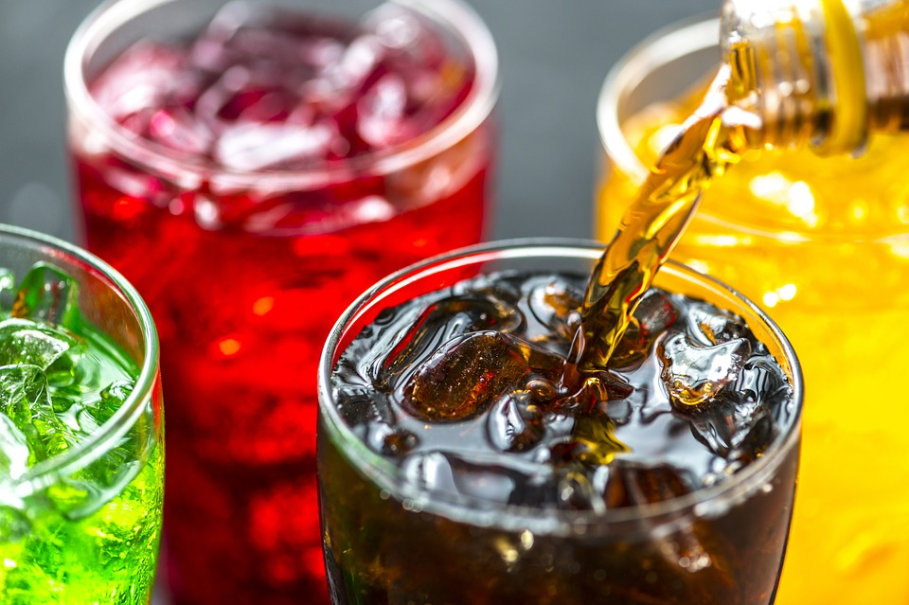
She said the suspension has eroded all the gains made by advocacy groups campaigning for imposition of the tax and the adoption of other measures to reduce consumption of unhealthy products that predispose people to NCDs.
Okoye, who is also Director of the University of Nigeria Nsukka Centre of Excellence for Clinical Trials and Adjunct Professor of Research and Innovation at the National Institute for Cancer Research and Treatment (NICRAT), highlighted efforts they had made in the past to see that the policy is implemented for the good of all Nigerians.
She expressed surprise that the Federal Government has suddenly decided to suspend the sin tax.
”What we have seen now is that this government has rescinded literally, the gains we have made by removing this tax again.”
The medical expert explained that the goal is to make it unaffordable for people addicted to these unhealthy products, and resort to eating food items that are healthier.
Commenting on reports about the government’s decision leading to crash in prices of sugar-sweetened beverage products, Okoye asked is it to “Crash the prices of things that are going to kill people; you see people eating bread, with Coke, Fanta, and all that?
“We want to make it unaffordable for them to have easy access to it, so that they don’t keep killing themselves in thinking that they are eating good food; so, they can go back to the foodstuffs that are local to us; that are better, and healthier.”
Also, in an interview with Prime Business Africa, Co-chair, National Action on Sugar Reduction, Comrade Bernard Enyia, said it has been a long battle with manufacturers who continue to lobby policy makers to ensure that the tax is not implemented while they continue to amass profits through large sales at the expense of consumers’ health.
READ ALSO: Why Nigeria Records Increasing Cases Of Cancer – Medical Expert
Enyia, who is also vice president of Diabetes Association of Nigeria, stated that in their campaigns, they had highlighted how beverage companies have been putting what he called “added sugar” to sweeten their products to entice people to buy and consume. He also observed that the companies have in their advertisements also made such products to be very appetizing for the consumers without regard for the health implications.
“We have noted that the products do not even have nutritional benefits to the consumers. They are just like poisons because the quantity of sugar we require in the body is supposed to be within a particular limit. That is, naturally, when we eat food with balanced diet, and since carbohydrate is always the bigger proportion of what we eat to make a balanced diet, it is carbohydrate but when broken down it gives us what we call glucose. Even though, we call it sugar, it is glucose. That is what the body needs for energy. But when the sugar is in excess, it is a problem.
“While the body is trying to utilise the quantity that is required, these sweetened beverages would hike the volume of sugar in the system and the body begins to look at it as poison. It’s this poison that aggravates risks of developing non communicable diseases like obesity, type 2 diabetes, cardiovascular disease, cancer by every human being that drinks them.”
Enyia pointed out that a lot of people who live with undiagnosed diabetes would continue to consume these sugary products “out of ignorance and it will be leading to very serious complications and death.”
He said when they started the campaign for sugar reduction in 2021, a bill was sent to the National Assembly where they called for not only taxing the manufacturers but also compelling them to label every product with the level of sugar and other additives, but manufacturers lobbied to ensure that such provision was not included in what was passed.
“We have in our arguments that it is to discourage the excessive consumption because if the price is a little high, the addiction of some persons who drink up to three or four in a day, because some people when they take breakfast they drink, they eat lunch, they drink and in the evening they also drink. When they attend occasions and see free drinks, some people can drink two or three, thereby damaging their body system.”
READ ALSO: Understanding Cancer And Preventive Measures
Enyia expressed concern that while the finance minister is saying the suspension is temporal to stabilise the economy, manufacturers are pushing for it to be permanent.
He called on government to consider the implication on the health of the people who make up the workforce.
Apart from the sin tax, he said there is a need for massive sensitisation of the people about health implications of consumption of certain products.
He lamented that there is lack of data on cases of NCDs such as diabetes, cancer, etc., in hospitals and state ministries of health across the country that would help in policy decisions.
Victor Ezeja is a passionate journalist with seven years of experience writing on economy, politics and energy. He holds a Master's degree in Mass Communication.

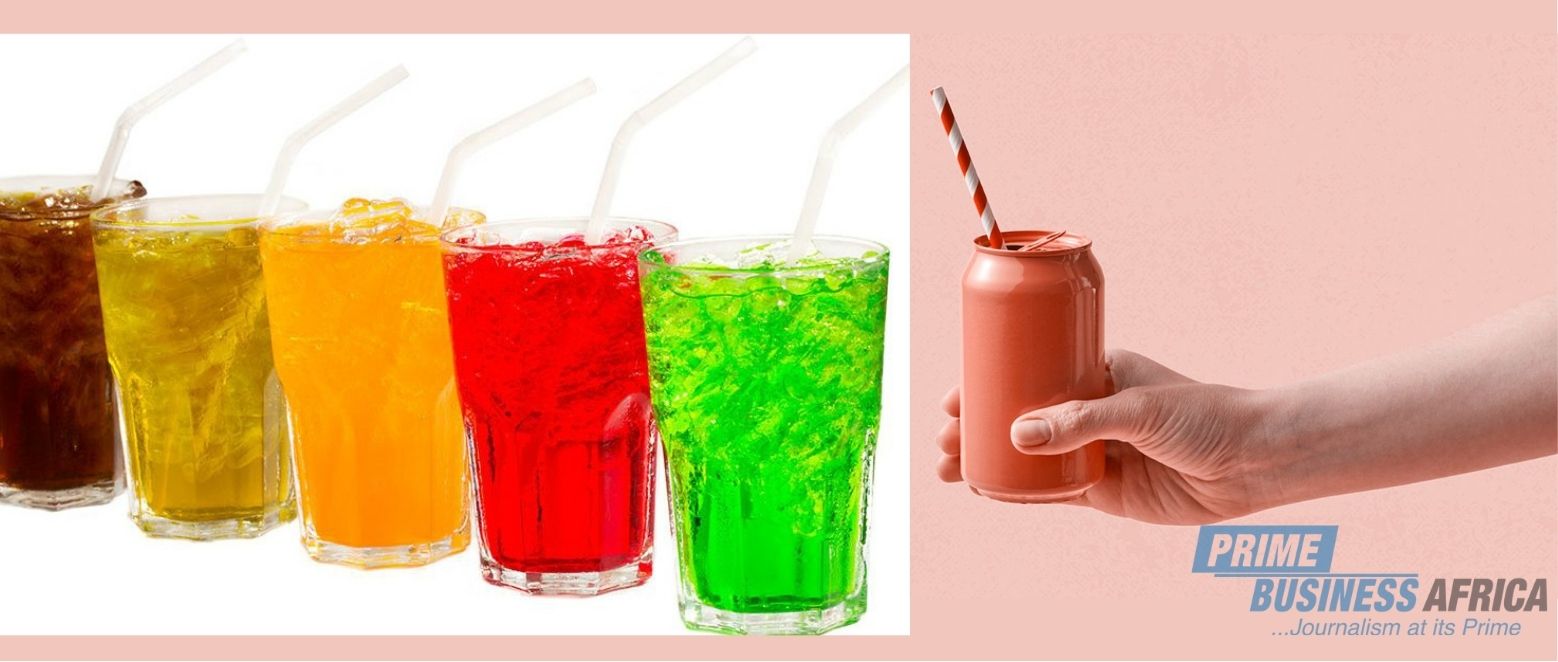



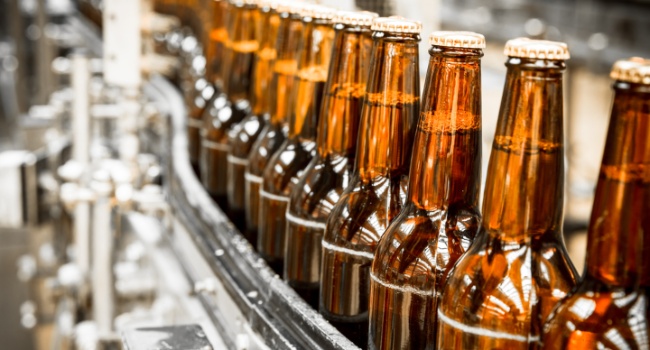












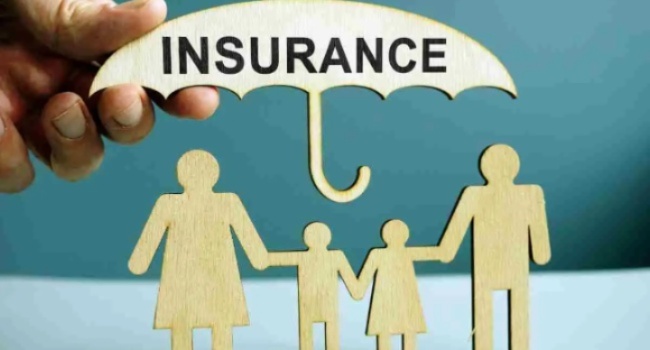
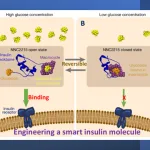
Follow Us